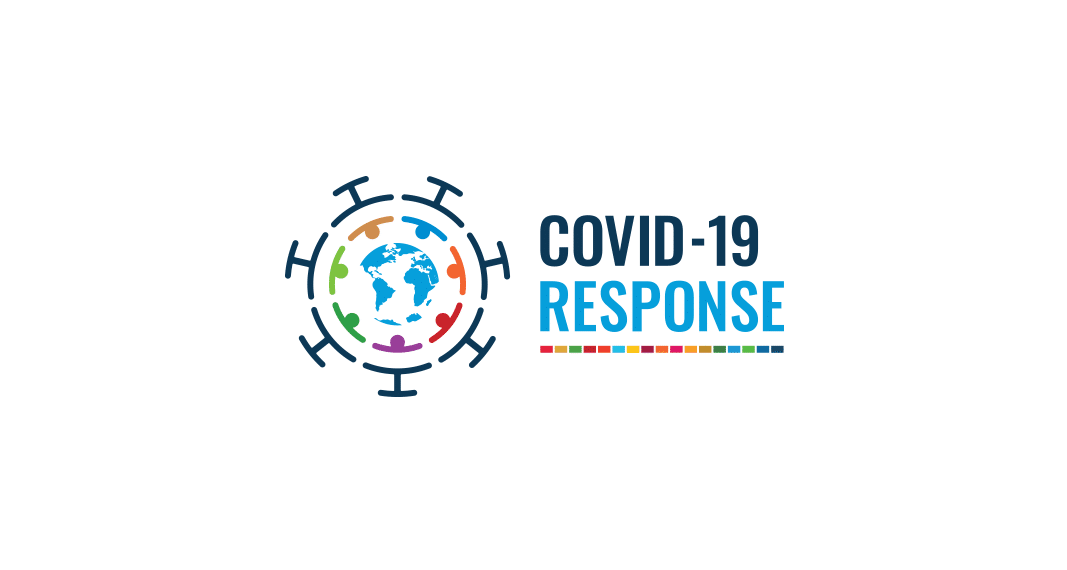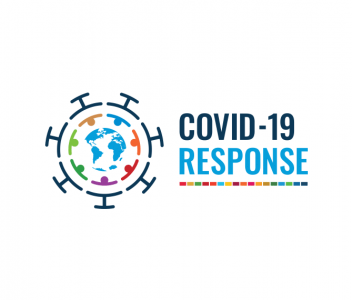
Since the beginning of the COVID-19 pandemic, more than a billion students have been affected by school closures. The systematic collection and analysis of data relating to education during the pandemic is a model for the future

- The pandemic put a spotlight on the critical nature of schools and education and on the necessity to safeguard education systems for the future
Before the pandemic hit, the world was no longer on track to fulfill SDG 4. According to UNESCO, more than 260 million kids at this time have been out of school; of these in school, six out of 10 had been now not anticipated to acquire a minimal stage of education by the time they finish number one college. Our existing training systems have been failing millions of youngsters each year without a palpable sign of a prompt recovery.
Mongolia became the primary u . S . A . to problem national faculty closure orders on sixteen February. By 31 March, 20 days after the WHO declared the COVID-19 outbreak a pandemic, 96% of the 191 countries for which data changed into to be had had closed their school structures either absolutely or partially. Keeping colleges thoroughly open is now a concern even in countries that are experiencing second waves of COVID-19 infection, lots of them at infection levels higher than that in their first wave.
Overwhelmingly, international locations that have absolutely opened faculties are much more likely to live open, as recent evaluation from our foundation shows. Countries have learned how to live alongside COVID-19 within the classroom, but this willpower to preserve colleges open well-known shows the developing awareness around schooling as a critical enabler of human development and empowerment, and demands the want to shield our schooling systems.
- The pandemic found out how critical it’s miles to look at and query the proof to make choices loose from biases, fake assumptions and political agendas.
Countries face starkly one-of-a-kind realities on the subject of COVID-19 instances and are confronted with varying ranges of feasibility for reopening schools safely. Insights for Education has developed a Back to School Tracker to aid leaders throughout governments and society in reopening or closure decisions.
This systematic and complete tracking of data collected throughout 191 nations over a six-month period has helped to identify accurate practices throughout school reopening guidelines and break fake assumptions in a much-politicized debate. In schooling, the gap between what we understand and what we do lies at the coronary heart of the global learning crisis. Without the means to systematically, comprehensively and robotically synthesize proof in a form that may be used by policy-makers and practitioners, we can be left to “try to wager what the evidence says”, as turned into the case for health professionals until the 1990s. If we’re to get back on track with SDG 4, then the time has come for the training quarter to create the knowing-doing infrastructure that has converted the fitness quarter.
- Collective engagement and mutual responsibility are important cornerstones of sustained fulfillment for keeping colleges competently open and resilient to future challenges
Governments and communities have invented extra responsive and participatory ways of making decisions in instances of crisis. Establishing believe and transparency with parents and teachers, for example through co-developing guidelines in international locations like Japan and Denmark, has proven fundamental to the a hit reopening of schools.
Governments and societies will should hold making an investment in mastering how to continue training along COVID-19. This means revisiting response plans, transferring from emergency measures to persistent vigilance, adapting flexibility for hybrid mastering – especially within the poorest of communities – and usually upgrading our collective knowledge based on international experiences. We must maintain the brand new conduct that we’ve got managed to gather over such a quick timeframe to combat the adverse results of the pandemic on our training systems and lead them to sacred in installed workouts and procedures as constructing blocks of nations’ national training plans.




